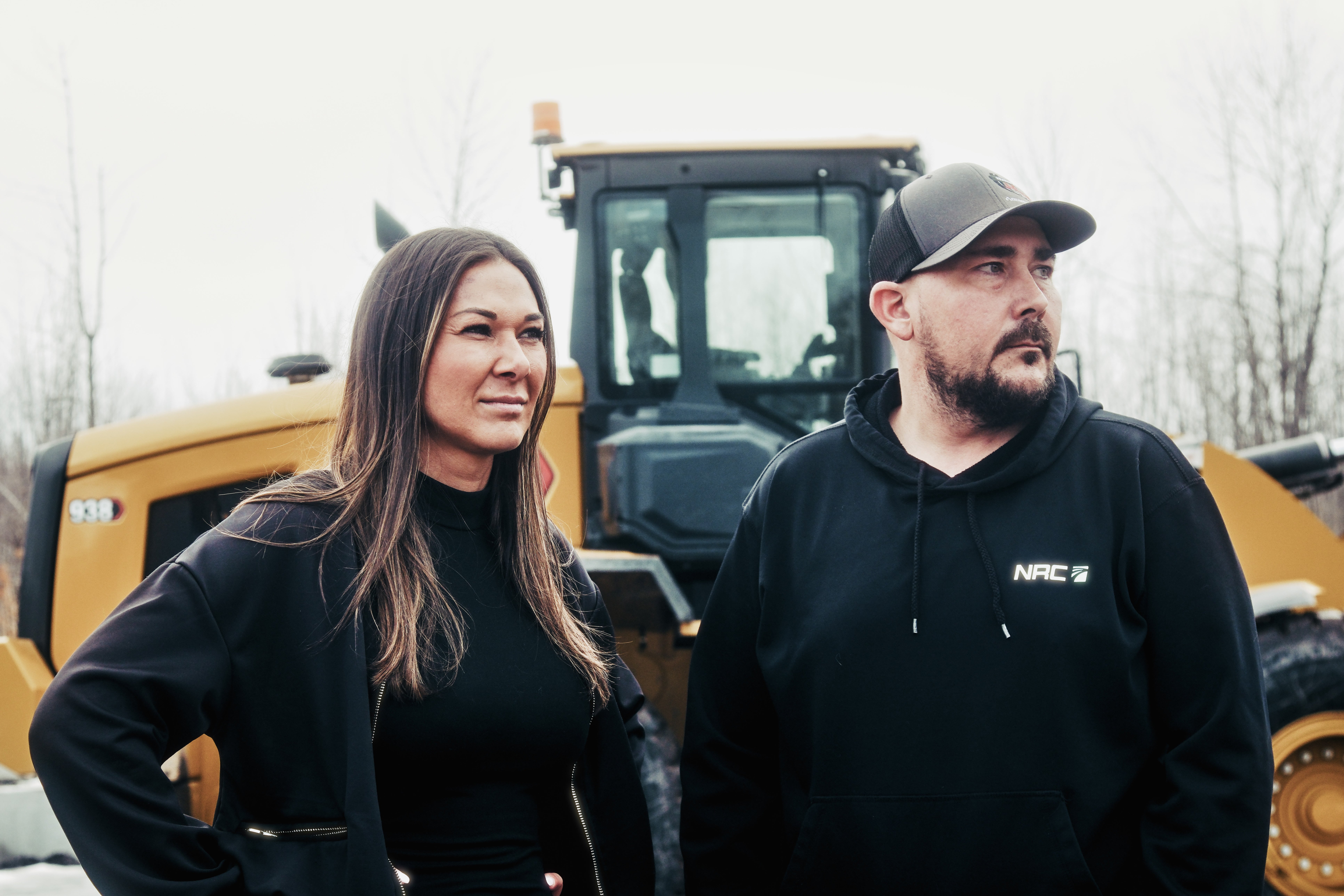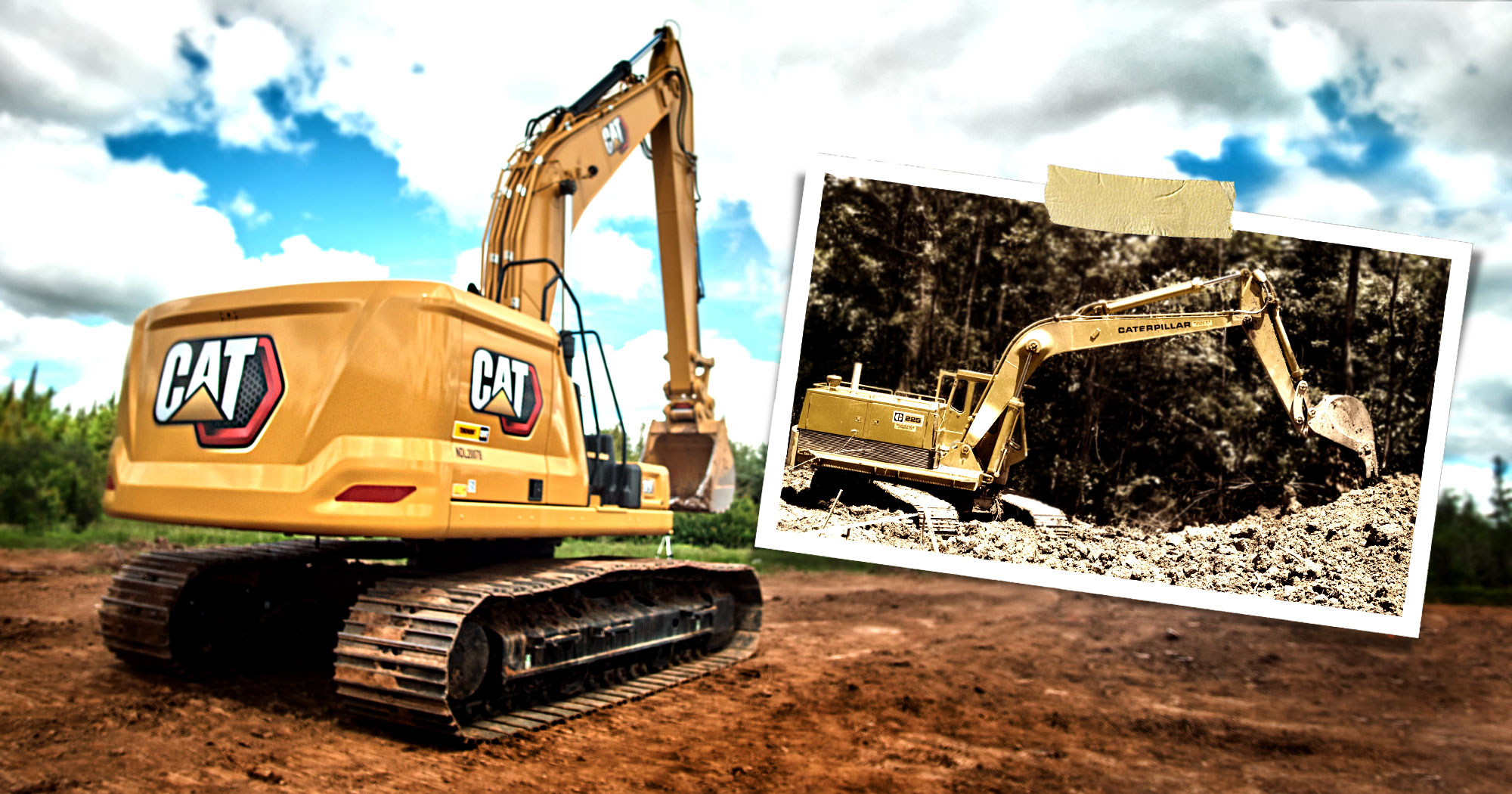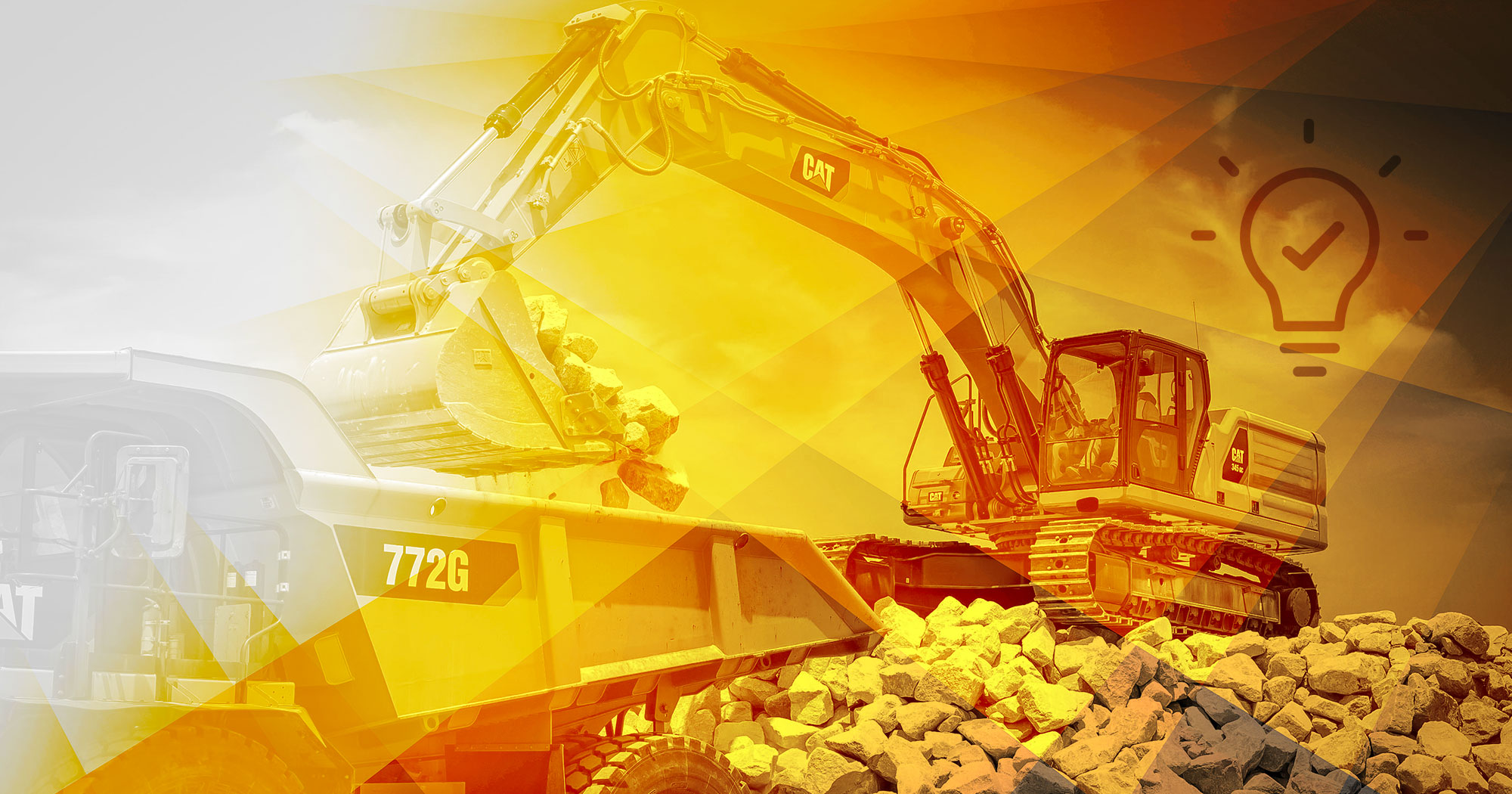
Choosing the best excavator can be a puzzle but if you know all the key factors to consider when choosing the excavator it can help make the best decision!
 Top 3 factors
Top 3 factors
Size: Understand the available classes and their limitations
-
Mini – Up to 10 metric tons
- Ideal for tight spaces and smaller jobs – landscaping, sidewalks, etc.
- Versatule & fuel efficient, easly transportable and perfect for a surface dig and small lift capacity
> See all the mini excavators by clicking here
-
Small – 11 – 19 metric tons
- Deliver more dig depth, reach and power than minis, still good for tight spaces
- Many models available with zero or near zero tailswing
> See all the small excavators by clicking here
-
Medium– 20 – 35 metric tons
- Most common sizes found in general construction
- More power & capacity, still maneuverable and versatile
- Heavier working weights which lead to transport considerations
> See all the medium excavators by clicking here
-
Large – Greater than 36 metric tons
- Most powerful choice for heavy construction, sewer / water, mass truck loading
- Oversized trucks and trailers are required for transport
- Requires high utilization to get steady ROI
> See all the large excavators by clicking here
Know your job requirements
Jobs are bid based on volumes to be moved but multiple job requirements such as dig depth, reach, breakout force, bucket capacity and lift capability are also important things to consider when shopping for excavators.
What’s your budget?
- Is it more beneficial to rent a specific machine for a particular job or will your future work support purchasing?
- What is the maximum you can afford to finance and will your utilization support those payments and provide you with the desired return?
- Open spaces or tight quarters where swing radius is important.
- Can you meet power and lift requirements with a compact radius machine?
- Heavy tramming applications…would a wheeled excavator make more sense than tracks?
- What depth and reach do you typically require?
- If your business grows, how much more depth and reach will you need?
- Could a longer boom and stick option today give you the depth and reach you may need tomorrow?
- What is the highest-density material you typically move?
- What lift capacity do you require for earthmoving or material handling? i.e. pipe
- If your business grows, how much more capacity could you require?
- What are the max material volume / densities you move?
- What bucket capacity will consistently move those volumes with a proper pass match (4-6 cycles)
- What size excavator best matches that bucket capacity?
- What kind of hydraulic flow may be required for your work tools?
- What kind of power will you need to optimize the performance of those tools?
- Will you be able to use a quick coupler with your bucket choice in order to make quick tool changes?
- Do you have a trailer suitable to haul the excavator you want?
- For larger machines, are you aware of permit and license requirements?
- Are there carriers in your area that are capable of moving the machine for you?
- Will it need to be broken down (stick, c/w removed) prior to transport?
Versions: Understand all versions available
GC line
- GC products are known to be affordable, reliable and durable and simple to operate
- Offer on medium and large excavators and soon in small excavators (Only a few choices available)
- Offer in rental, used and new machines
Standard
- Low maintenance costs machines
- High performance
- Integrated technologies to maximizes performance in the next generation line
- Available on all size-excavators (see point size class)
- Available in new (new generation), rental and used machines
Taking the time to properly analyze all the factors before choosing the right excavator to meet your needs will allow you to have the right machine that will do the job properly.
Don't hesitate to contact your Toromont Cat representative to help you in your decision-making process!
> Contact us for more information

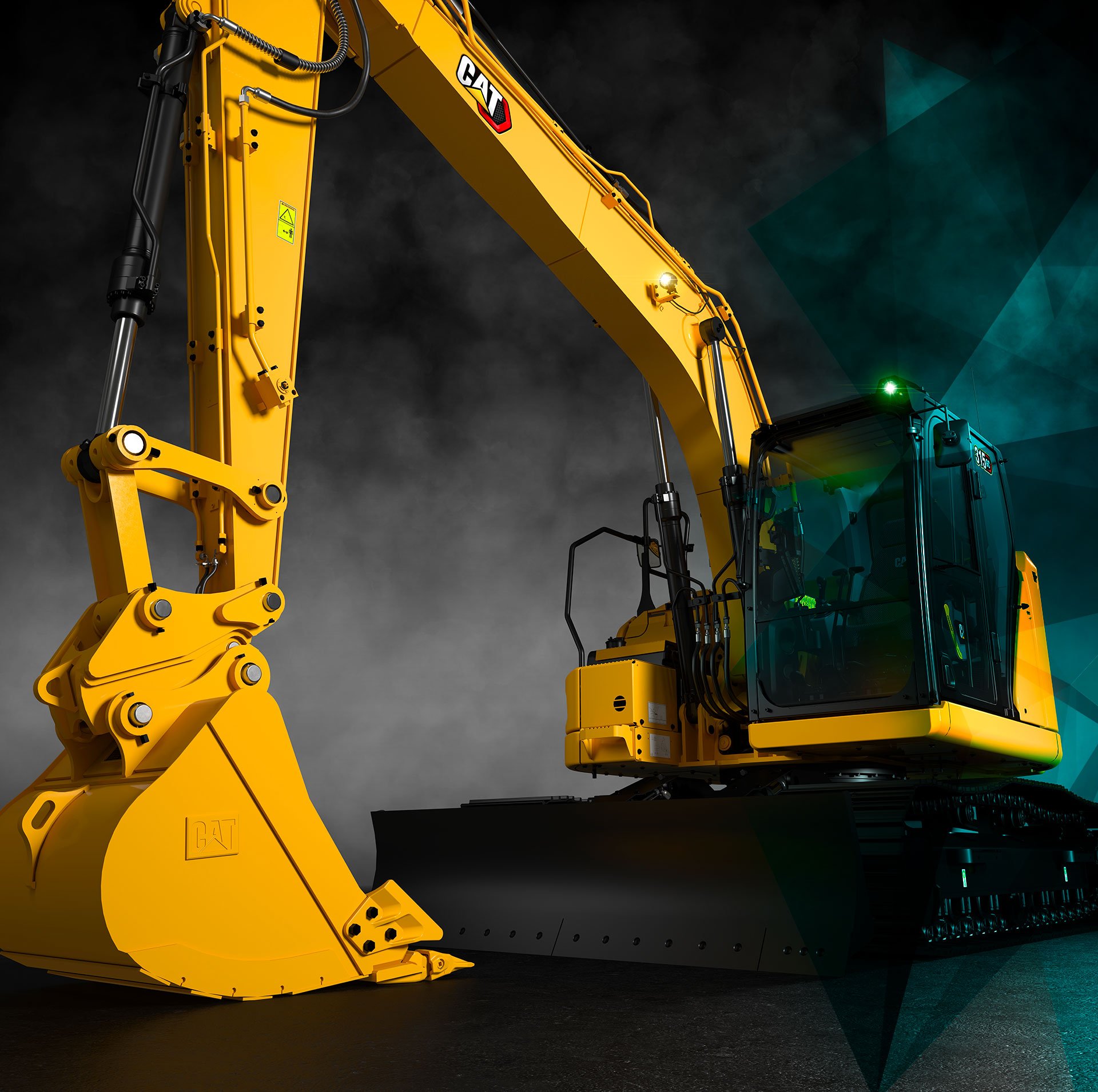
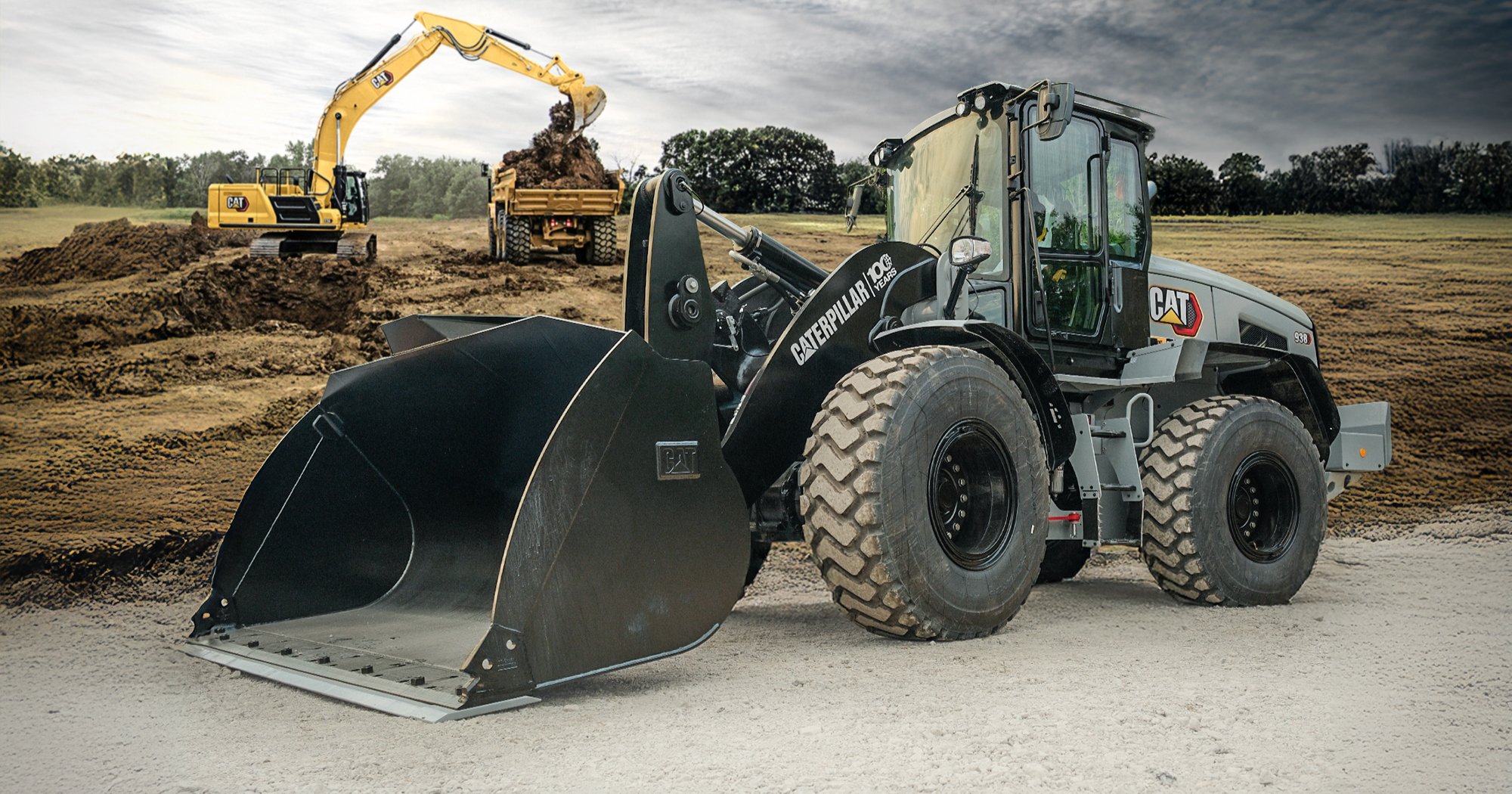

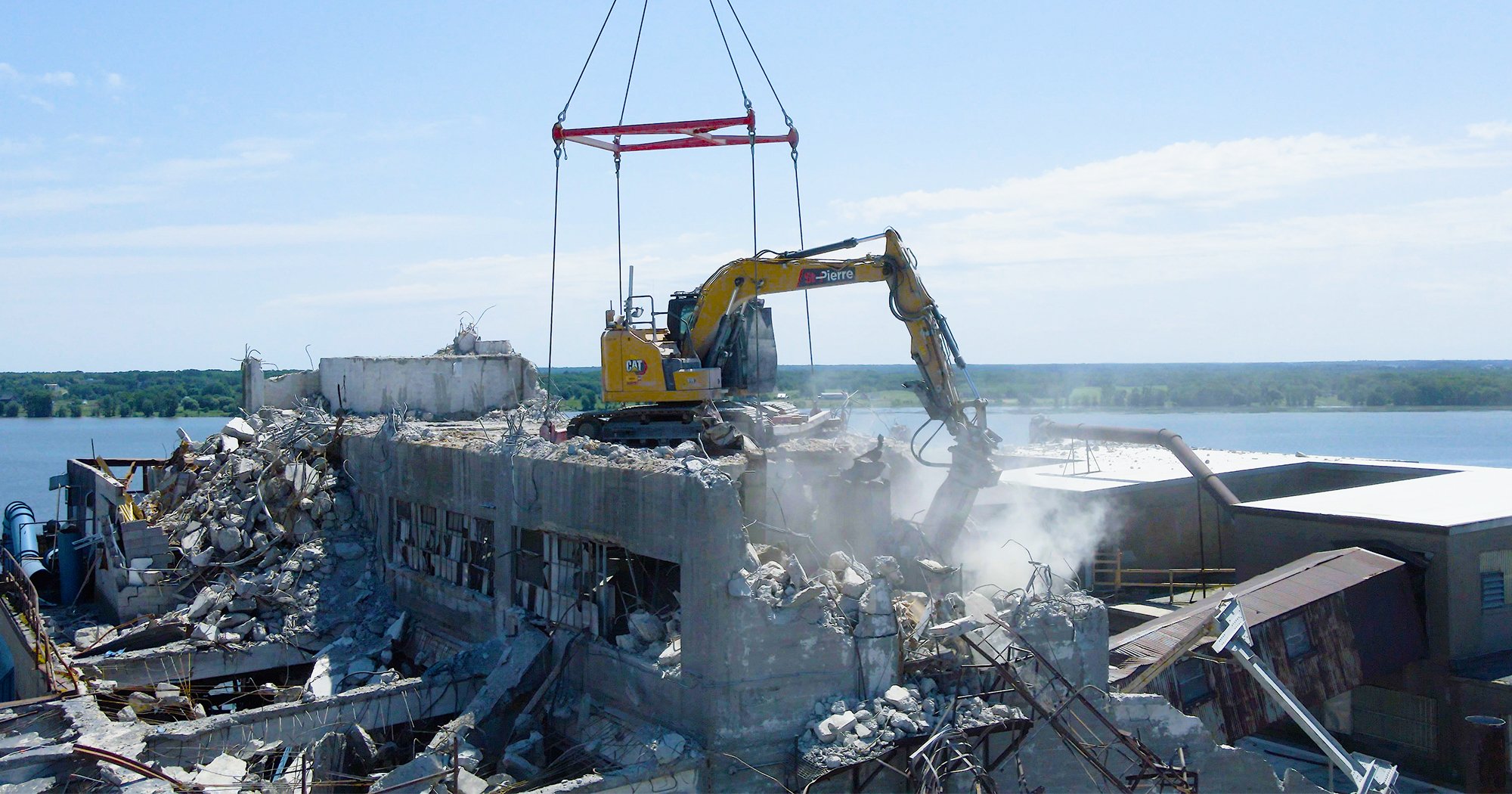
.png)
